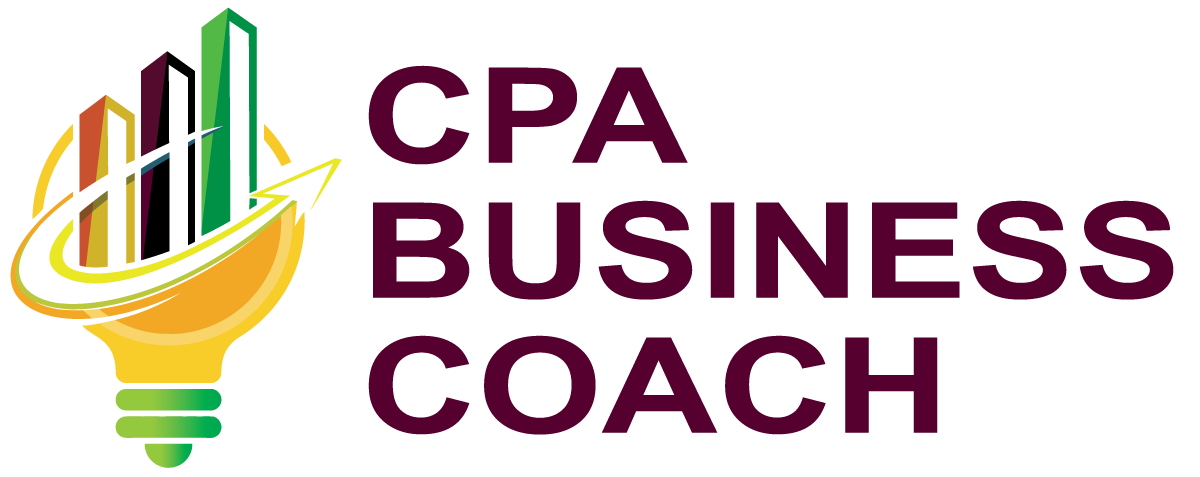It’s always a challenge to be sure whether we are charging our clients the right accounting fees for the work we do for them. Likewise, it’s equally important to ensure we have not left money on the table, resulting from our good work and efficiencies.
Let’s dive into a couple of scenarios that will bring clarity to the subject of billing by the hour. It will also help us ascertain if we are charging the right amount or if we should be charging for the outcome, also called value pricing.
We will understand Hourly Billing vs. Value Pricing through a short story.
Albert, the first accountant is very thorough and produces accurate work. His clients do not question his bills for services. He bills at $ 150 an hour and has 100 clients. Albert’s gross earnings before write-downs and expenses are $ 250,000 annually. It can be stated that Albert bills each client an average of $ 2,500 per year.
Barbara, the second accountant is also very accurate in her work and does so at a faster pace than Albert. She bills the same $ 150 an hour as Albert; however, Barbara has 135 clients. Barbara’s gross earnings before write-downs and all expenses are $ 250.000 just like Albert’s. Given these statistics, it can be determined that Barbara bills each client an average of $ 1,851 per year.
At first glance, it looks like Barbara’s clients are getting a great deal for the same results that Albert produced for his clients. On a second glance, it is clear that Barbara has short-charged herself for being so accurate and efficient and is not following value-based pricing for the amount of work she does.
It leads to the question- Why are accountants stuck in billing by the hour? Why is maintaining efficiency in accounting billing not given priority in the business arena?
Upon reflection, the question stands, if Alberts’s clients are happy with his hourly rate, why shouldn’t Barbara charge for the same result that Albert achieved?
Had Barbara charged an average of $ 2,500 per client like Albert, her gross earnings would be $ 337,500 before write-downs and expenses. That’s a 35% increase.
In short, it’s not what you bill by the hour, but what happens in the hour that matters to the client. It would be best if you found a way to put a financial value on what you accomplish for your clients. As such, functional accounting service pricing strategies are required for maximizing earnings.
Does moving to value pricing or a blend of the two make sense to you? Is client satisfaction and billing the right path to maximizing earnings in accounting practice?
It all starts with knowing what you do for your ideal clients while understanding that you are in the outcome business irrespective of how long your business has been.
In other words, outcome-based billing is the way to go!
Do you know your real value or how to determine your value?
We can help you with value billing! Contact Us Now!

